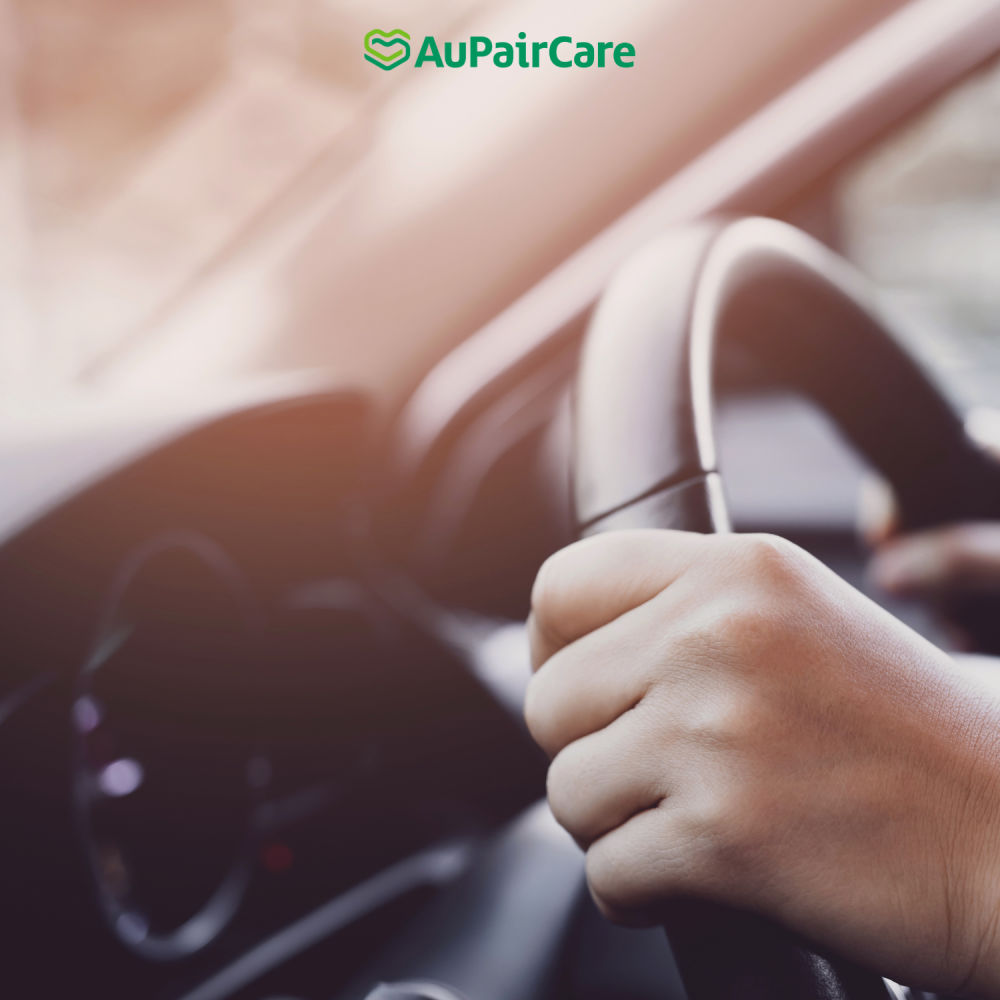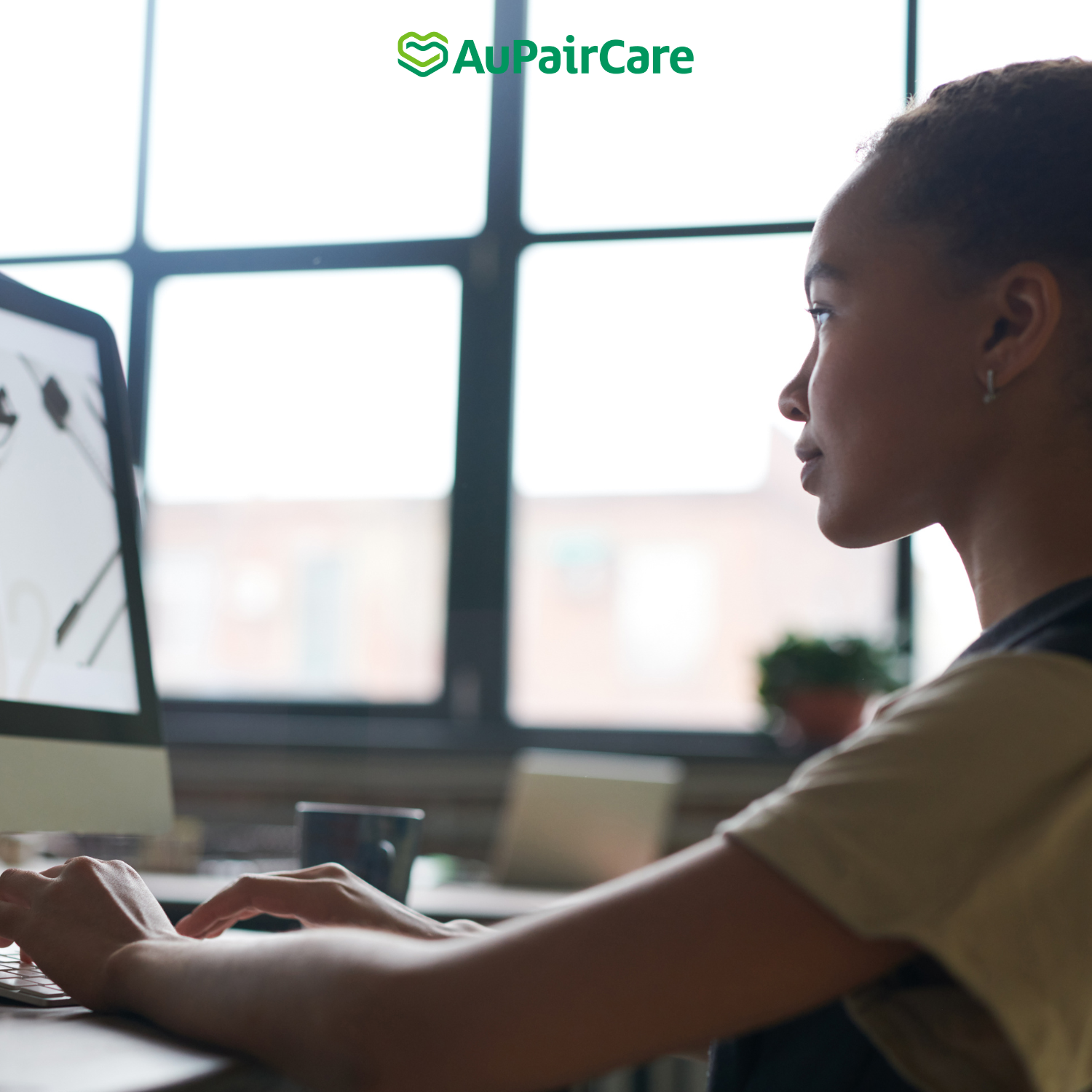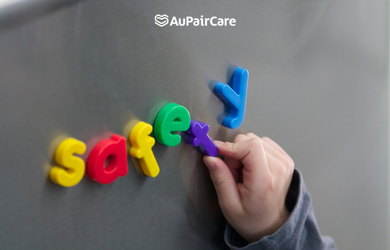Food Safety for Au Pairs: Simple, Everyday Habits that Keep Kids Healthy
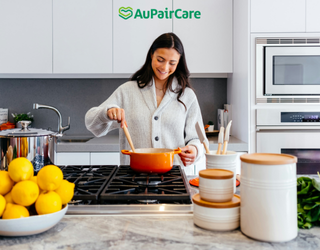
As a child caregiver, your top priority is ensuring the safety and well-being of the children in your care. One critical aspect of this responsibility is food safety. From proper food storage to safe meal preparation, following food safety best practices can prevent illnesses and give parents peace of mind. In this guide, we’ll cover essential tips every child caregiver should know to keep mealtime safe and healthy.
1. Handwashing that actually sticks
Clean hands are your first line of defense. Wash with soap and warm water for at least 20 seconds (sing “Happy Birthday” twice).
Wash before: cooking, serving, feeding a child, and eating.
Wash after: using the bathroom, changing diapers, touching pets, coughing/sneezing, handling trash, and any contact with raw meat, poultry, seafood, or eggs.
Dry hands with a clean towel or paper towel, as damp towels can harbor germs. Encourage kids to wash with you so it becomes routine.
2. Food allergies: know the plan, every time
If your host child has a food allergy, prevention is everything. Ask the host family for a written allergy plan that covers: the child’s allergens, safe foods, cross-contact steps, and emergency instructions.
Daily must-dos:
- Read labels every time. Ingredients change. Watch for "may contain" and "processed in a facility with..." warnings.
- Prevent cross-contact. Use separate cutting boards/utensils for allergens and clean surfaces with hot, soapy water (then sanitize). Wash your hands before touching safe foods.
- Holiday parties & playdates: Double-check ingredients for treats and packaged snacks. When in doubt, bring an allergy-safe option.
- Allergic reaction: If you notice hives, swelling, vomiting, coughing, or trouble breathing, follow the family’s plan immediately and call emergency services.
3. Choking prevention for little ones
Young children are still learning to chew and swallow, which raises choking risk.
- Serve small, bite-sized pieces and remind children to sit while eating, no running, playing, or lying down with food.
- Be cautious with round, firm or sticky foods. Cut items like grapes and cherry tomatoes into very small pieces; slice hot dogs lengthwise, then into tiny bits. Spread peanut butter thinly.
- Model calm, slow eating and encourage kids to take small bites and chew well.
- Keep marbles, coins, and tiny toys off eating surfaces.
- Stay current on First Aid & CPR training per your program resources. If a child is choking and can't breathe or speak, call 911.
4. Clean, separate, cook, chill: the four basics
These four habits dramatically reduce foodborne illness.
Clean & Sanitize
- Wash cutting boards, knives, and counters with hot, soapy water after preparing raw meat or eggs. Then sanitize high-touch surfaces.
- Change dishcloths and sponges often; let them dry between uses.
Separate
- Keep raw meat/eggs away from ready-to- eat foods in the fridge and on the counter.
- Use different cutting boards for raw proteins and fruits/vegetables.
Cook to safe temperatures
- Poultry (Chicken/ turkey): 165°F/ 74°C
- Ground meats: 160°F/ 71°C
- Fish: 145°F/ 63°C (or until it flakes easily)
- Leftovers and casseroles: 165°F / 74°C
Chill quickly
- Refrigerate perishables within 2 hours (within 1 hour if it’s above 90°F/32°C outside).
- Thaw in the refrigerator, cold water (change water every 30 minutes), or microwave-never on the counter.
- Eat most leftovers within 3-4 days; when in doubt, throw it out.
5. Fruits and veggies: rinse, scrub, dry
Rinse produce under running water, even if you plan to peel it, so dirt and germs don’t transfer to the inside. Use a clean produce brush for firm items like potatoes and cucumbers. Dry with a clean towel. Don’t use soap or bleach on food.
6. Communicate with your host family
Food safety is a team sport. A quick weekly check-in goes a long way:
- Confirm allergy updates, safe brands, and treat rules at school or activities.
- Ask about meal prep expectations, leftovers and school-lunch preferences.
- Keep a shared grocery list and note foods and run low.
- If a child seems unwell after eating, write down what they ate and when, plus any symptoms, and inform the family immediately.
Friendly reminder: This guide offers general safety tips. Always follow your host family’s instructions, your training, and local medical guidance. In an emergency, call 911.
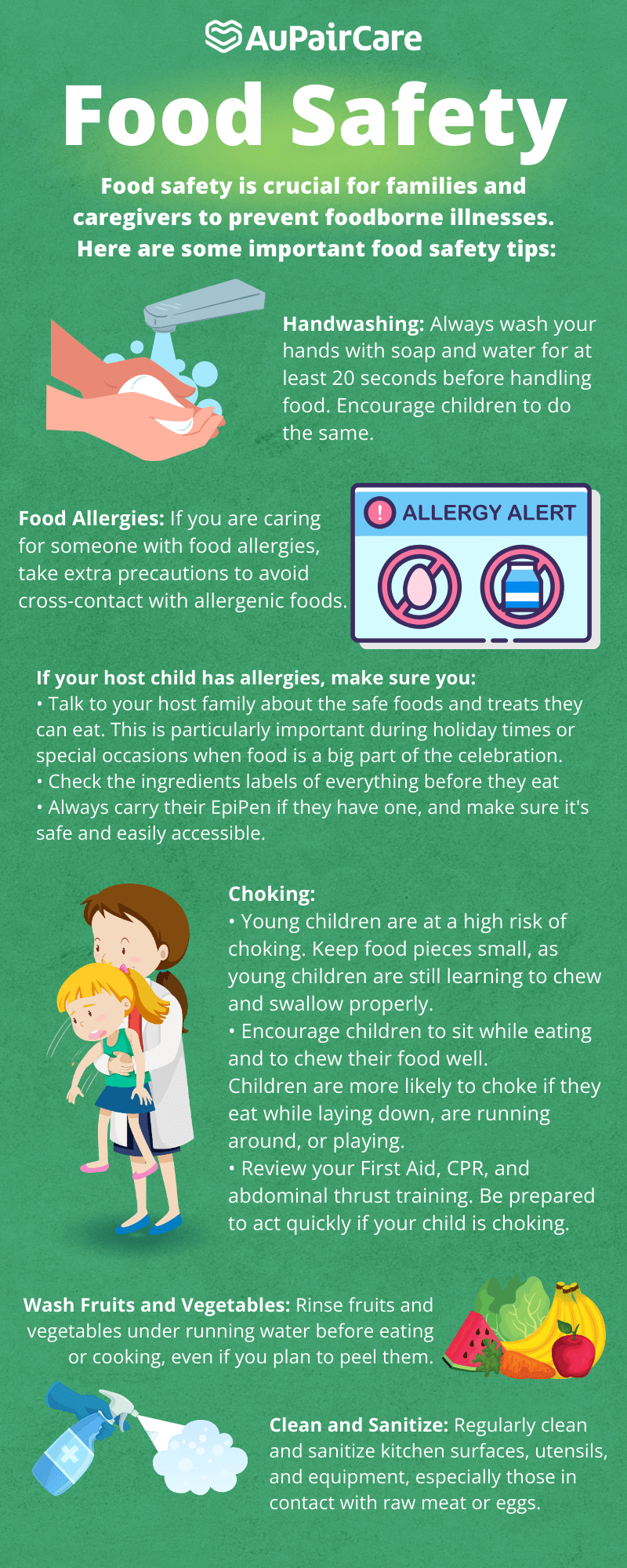
- Disclaimer: The information provided in this blog is intended for general guidance and educational purposes. It should not be considered professional medical, legal, or childcare advice. Always consult a licensed professional for advice tailored to your specific situation. We may include external resources for convenience, but we are not responsible for their content or accuracy.
Request More Information



